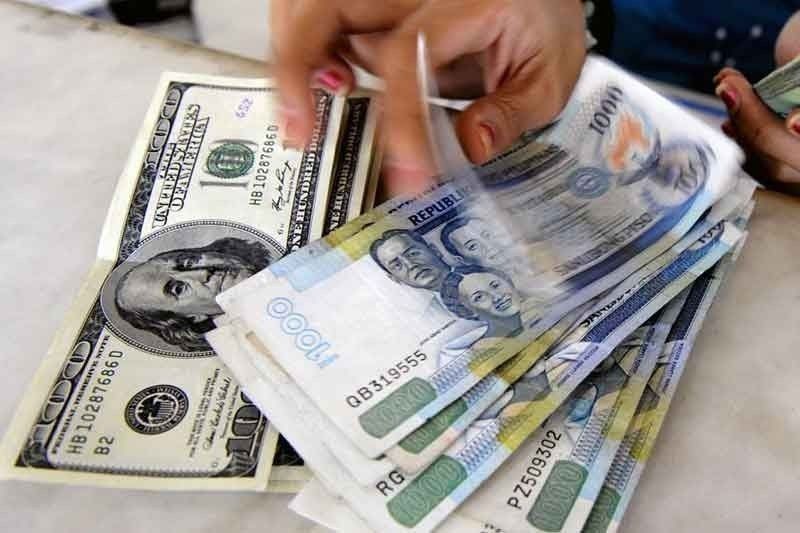Loan growth slows in June despite GCQ shift

MANILA, Philippines — Credit growth slowed down for the third straight month to single-digit level in June despite the slight reopening of the economy that stalled when Luzon was placed under enhanced community quarantine (ECQ) in the middle of March, the Bangko Sentral ng Pilipinas (BSP) said.
Preliminary data from the central bank showed loans extended by universal and commercial banks increased by 9.6 percent in June from the revised 11.3 percent in May despite the shift to the less strict general community quarantine (GCQ) for the National Capital Region (NCR) amid the coronavirus disease 2019 or COVID-19 pandemic.
This was the slowest growth for bank lending since the 9.3 percent expansion recorded in October last year.
“The slowdown in bank lending reflects in part the weak domestic economic prospects and constrained economic activity following the imposition of quarantine measures to contain the COVID-19 outbreak,” the BSP said in a statement.
The country’s gross domestic product (GDP) contracted by nine percent in the first half of the year after shrinking by a record 16.5 percent in the second quarter from the revised 0.7 percent in the first quarter due to the containment measures to prevent further spread of the deadly disease.
Economic managers are now staring at a deeper contraction of 5.5 percent instead of two to 3.4 percent this year and a slower rebound with a growth of 6.5 to 7.5 percent instead of eight to nine percent next year.
Preliminary data released yesterday showed loan disbursements of big banks amounted to P9.28 trillion in end-June or about P817 billion higher than the P8.47 trillion released in end-June last year.
Lending for production activities slowed further by 8.3 percent to P8.07 trillion in June from P7.45 trillion booked in the same month last year. The sector accounted for 86.9 percent of the total loans disbursed by big banks.
Disbursements to the real estate sector jumped by 16.8 percent to P1.72 trillion in June, accounting for 18.5 percent of total loan disbursements, while releases to the wholesale and retail trade as well as repair of motor vehicles and motorcycles inched up by 1.5 percent to P1.14 trillion for a share of 12.3 percent.
Likewise, loans for electricity, gas, steam and air-conditioning supply went up by 5.4 percent to P1.02 trillion and cornered a share of 11 percent.
However, the data showed loan releases for the manufacturing sector contracted by 0.7 percent to P1.05 trillion in June for a share of 11.3 percent.
The BSP reported household loans surged by 26.7 percent to P893.54 billion in June from P705.33 billion in the same month last year, for a share of 9.6 percent of total loan releases.
The increase in credit card loans slowed anew to 28.4 percent to P410.4 billion, while auto loans remained strong with a 27.8 percent increase to P384.19 billion.
Likewise, the growth in domestic liquidity (M3) also slowed to 14.9 percent to P13.6 trillion in June from the 16.7 percent expansion in May.
The central bank has undertaken COVID-19 measures including slashing interest rates by 175 basis points to a record low of 2.25 percent, the lowering of the reserve requirement ratio for banks, the P300 billion repurchase agreement with the Bureau of the Treasury, the purchase of government securities in the secondary market, the temporary suspension of the term deposit facility auction, the lowering of the volume of the overnight reverse repurchase facility have unleashed P1.3 trillion into the financial system
BSP Governor Benjamin Diokno said earlier the liquidity-enhancing policies of the central bank are intended to reassure markets, restore business confidence, and support recovery once the lockdowns are lifted.
“In the medium to long run, containment of the virus should lead to the resumption of business activities and economic growth which should, in turn, encourage private sector investment and lending activities,” Diokno said.
- Latest
- Trending





























